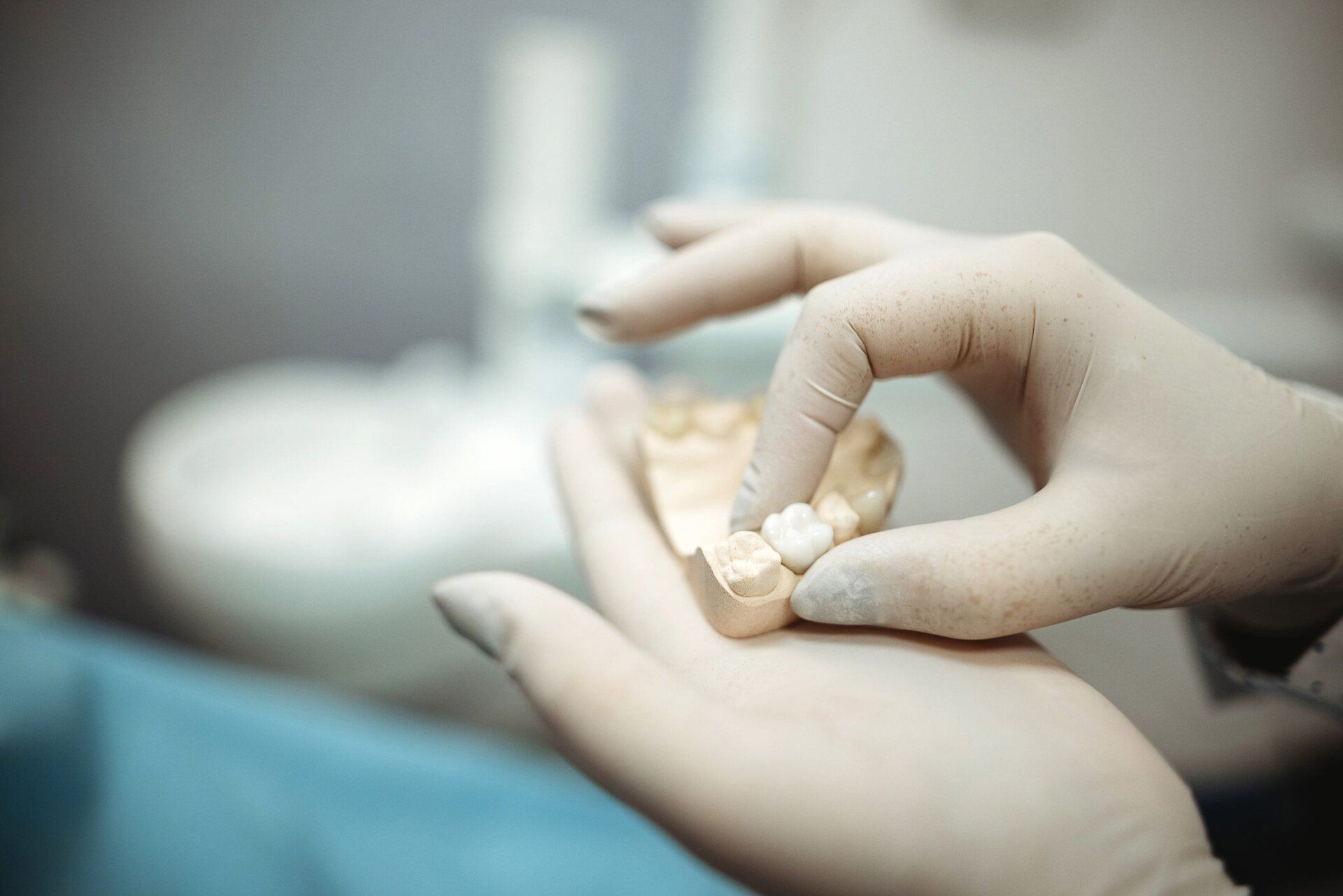Two Locations to Better Serve You
Common Causes of Tooth Loss
As a child, losing teeth feels like a rite of passage into adulthood. However, experiencing tooth loss as an adult can be an emotionally and financially distressing experience that can affect your health and confidence. Luckily, the best way to prevent tooth loss in adulthood is to understand the associated causes and take measures against them.
Tooth loss in adulthood can occur for a variety of reasons. The following are the most common causes of tooth loss and how to prevent them.
Gum disease
In adults, gum disease — also known as periodontal disease — is the leading cause of tooth loss.
Gum disease develops from poor oral hygiene when bacteria accumulate on the surface of the teeth, causing gum inflammation called gingivitis. Gingivitis is the first phase of gum disease, usually reversible with proper care.
Untreated gingivitis, however, leads to gum disease. Consequently, pockets can form between the tooth and gum and fill with harmful bacteria. The bacteria produce toxins that can destroy the supporting structures of your teeth, which can lead to loose or lost teeth.
Maintaining a proper oral hygiene routine and regularly visiting the dentist are the best ways to prevent gum disease.
Cavities
Cavities, also known as caries or tooth decay, are areas of damage on your teeth's surface where holes form over time. A cavity affects the nerves and roots of the tooth, resulting in tooth pain.
Your dentist can treat cavities effectively if they're caught early. Untreated cavities, on the other hand, worsen and affect the deeper layers of your teeth. As a result, you can suffer severe toothache, infection, and tooth loss.
Regular dental trips for early detection and maintaining a good oral hygiene routine can help combat cavities.
Injury or Trauma
Accidental tooth loss occurs for various reasons, including car and bike accidents, sports injuries, falls, and fights. Most incidents result in partially damaged or chipped teeth. On the other hand, tooth loss may result if the trauma is severe.
Preventing tooth loss from trauma usually comes down to conscientious prevention. Wearing mouthguards and protective headgear during contact sports is a good example. Using a seat belt when driving is also essential.
Certain Diseases
Oral and general health overlap — the problem does not always arise in the mouth. Often, wider health concerns influence tooth loss in a significant way.
Your teeth and gums are susceptible to physical damage when you have diabetes. As your blood sugar level rises, your teeth become exposed to more sugars and starches, which wear them away. Loss of teeth can also result from health conditions such as hypertension and arthritis.
Maintaining a healthy body is key to preventing oral health issues and tooth loss.
Bad Habits
Often, harmful habits and behaviors that develop over time can cause tooth loss. Habits such as smoking, drinking heavily, and grinding your teeth can increase your risk of gum disease.
A chronic grinding habit can loosen or wear down a tooth or even lead to tooth loss. If you suspect you grind your teeth, consult your dentist so that they can examine your mouth and jaw.
Smoking can cause periodontal disease. Tobacco use can also reduce blood circulation in the gums. As a result, smokers often live with unnoticed severe periodontal disease that eventually results in tooth loss.
Smokers can rapidly improve their oral health and prevent tooth loss by quitting smoking. Eliminate bad habits that can cause teeth trauma — do not use your teeth to remove caps or lids, tear off tags or loosen knots.
Your smile communicates your feelings and makes you feel confident. You deserve to have a smile you love and don't have to hide from the world. By visiting your dentist and hygienist regularly, you can prevent minor problems from escalating into tooth-threatening emergencies.
Please contact us if you have questions about tooth loss, dental health issues or have already lost a tooth.
Business Hours:
- Mon - Fri
- -
- Sat - Sun
- Closed





Financing & Interest-Free Payment Plans Available: Wells Fargo, CareCredit


